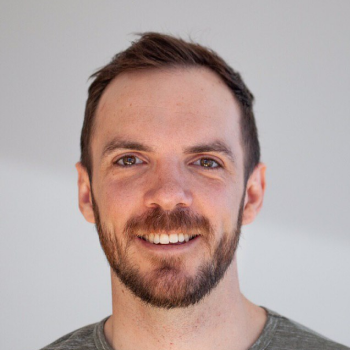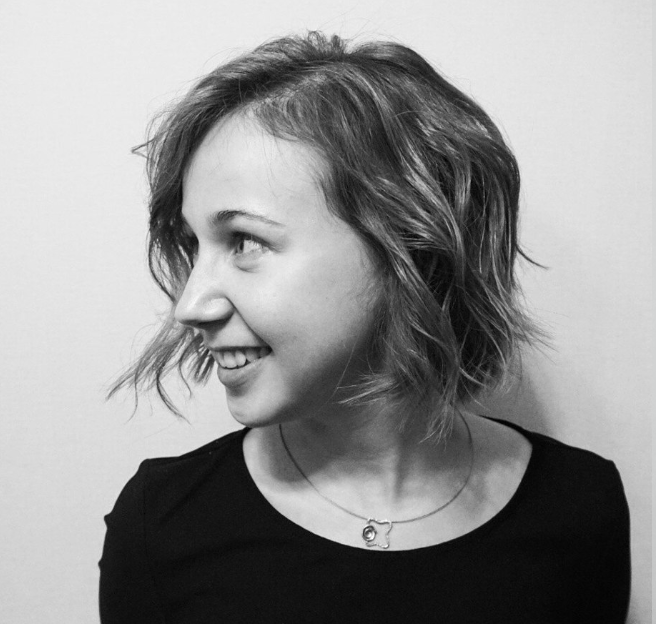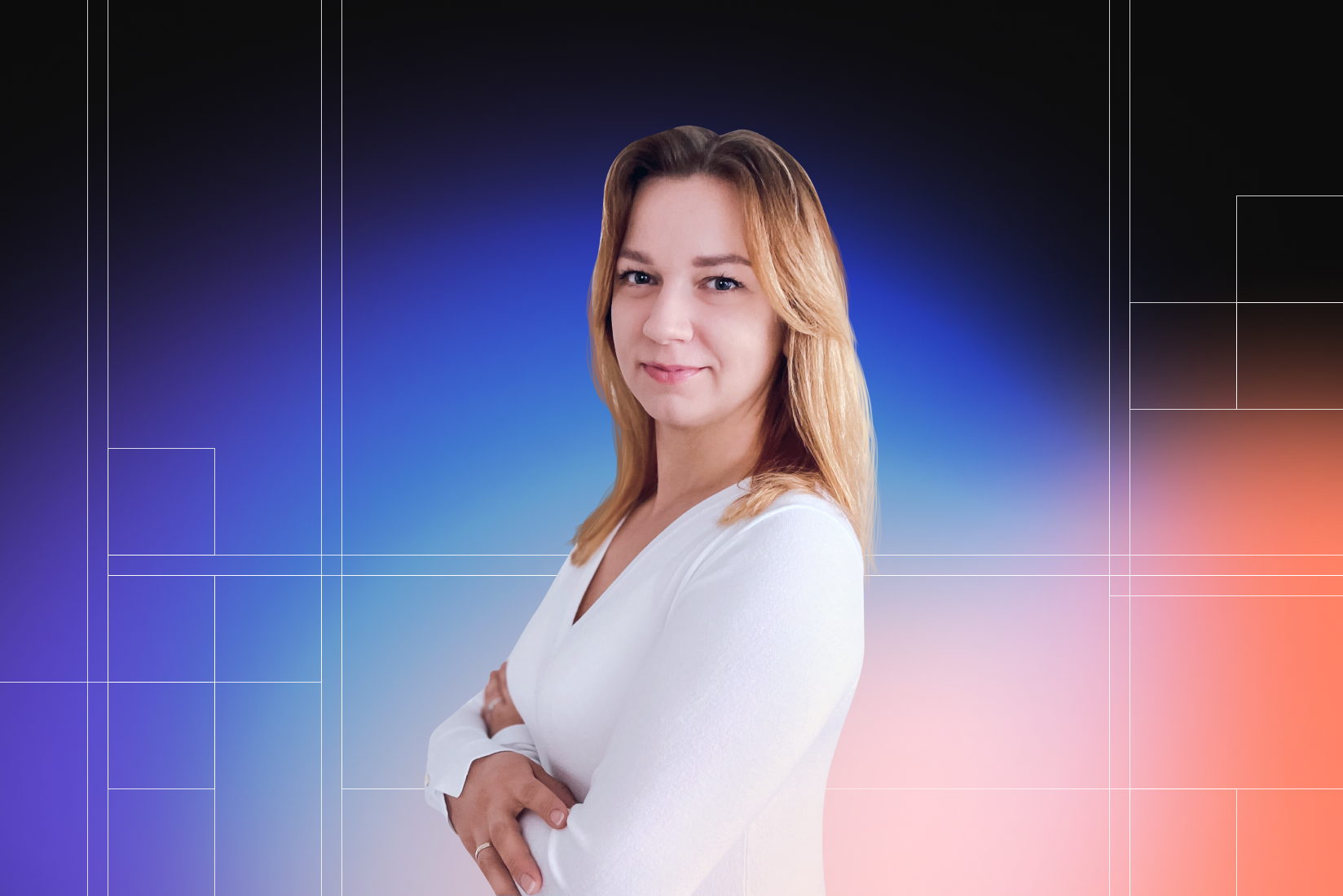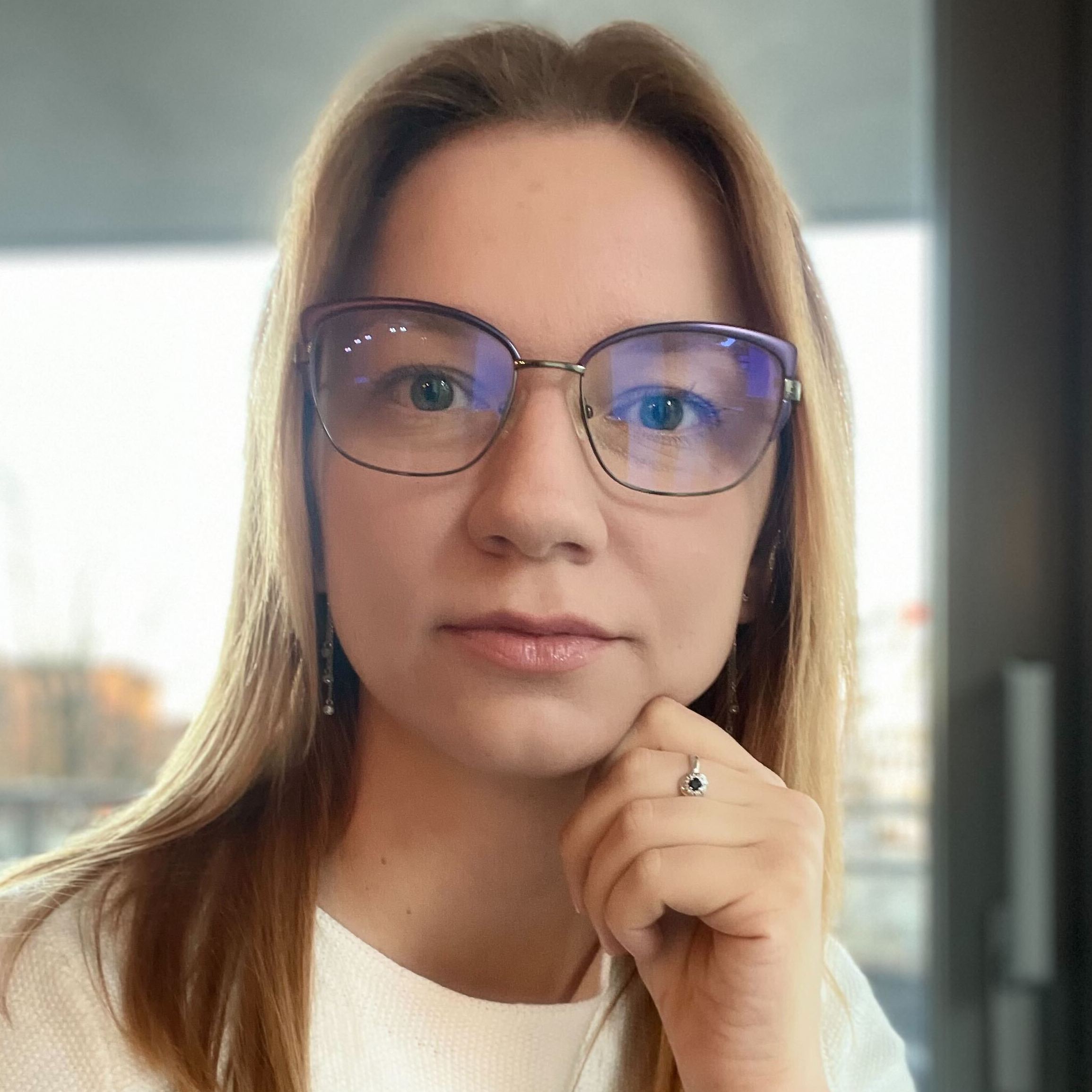Startup Summer Evolution
"Back in the spring, I didn't even know how to typeset — by the end of Startup Summer I can't even believe how much I've learned. Looking through my code, I myself can see a tremendous difference before and after the course." – SS2020 Graduate

Paralect Startup Summer registration for the 2021 course is now open. In this post, we'll talk about the experiences and results of from last summer's program.
Over two months, twelve students learned about the technology, practised the skills, and worked together to become capable full-stack developers.
And they not only learned — they applied these skills together to create two functional products. This is their story, along with the stories of the mentors who guided them on this journey.
I've got a storm of positive emotions from participating in this project. I learned to use so many useful tools I'd never heard of, got to know such a cool team and now understand how a tech company works from the inside."
How It All Began
We sat down with Paralect co-founder and creator of Startup Summer, Andrew Orsich, to understand how and why it came to be.
The tradition Andrew started has become a flywheel of learning and mentorship. Most of the Startup Summer instructors were themselves graduates of the program in years past.
Startup Summer involves everyone at Paralect. It's a joint project of all our departments — development, design, project and product management, HR and everyone else.”
The Learning Experience
Startup Summer is designed to give the students a perfect blend of in-class training, homework, bonus coding challenges and practical application of the skills they learn. By the numbers, it adds up to 21 lectures, ~100 hours of homework and 250 hours of working together in teams on real MVPs.
An awesome 2 months where I met a lot of amazing people. It’s great to participate in a real project and work in a team — and be proud of it! Time simply flew by and suddenly we were preparing for the product demo day presentation and fixing bugs down to the last moment 😬”
And the lectures are not just important for the students. As our colleagues prepare to teach their area of expertise from HTML/CSS and React to Node.js and MongoDB, they get to refresh their knowledge and deepen their understanding.
Teaching is a very important thing that every professional should be able to do. Yes, it’s very time consuming to prepare and then check their homework. But at the same time it’s also useful for me — I discover new things every time I prepare and deliver a lecture.”
The Real Product Experience
One of the most valuable aspects of Startup Summer is the practical experience the students get from working together as a team to build real, functional minimum viable products. Not in a sandbox, not a replica of a popular app, but a new, from-scratch product aimed at solving a problem for real customers.
For students coming out of a computer science program at University, this is exactly what they need to prepare for work ‘in the real world’.
At Startup Summer I gained a lot of knowledge that will be useful later in my career — and met and worked with interesting and fun people. I learned how real projects are developed and gained invaluable experience in teamwork.”
The 12 students are split into two teams with a mentor that works side-by-side with them as team lead and project manager. Together they build a functional MVP along with a no-code website in Webflow.
And then Startup Summer ends with a live product demo day where each team presents their product, describes the problem it solves and how the solution works.
Let’s have a look at what they built last year.
First up, Unifusion is an all-in-one messenger platform for startups and SMBs to connect, communicate and deliver customer service quickly across a variety of messengers.
The second product, Authera, is a simple, low-code user authentication tool that anyone can use to add membership functionality to a website. Makers and creators can use it to easily add gated content to their sites and startups can quickly validate their new idea and build a community around their product.
Last year, Andrew Orsich was blown away by the quality of the products at demo day and shared his immediate feedback to the teams.
What’s New for 2021
As Andrew mentioned in his feedback, it’s time to take the products built at Startup Summer to market and turn them into sustainable startups.
This is an exciting step in Paralect’s evolution from a technical development agency into a startup studio and product builder.
Our goal is to facilitate growth at every stage — a full-cycle startup ecosystem that delivers capable development teams, well-designed and built products and founders that succeed with their ideas on a global market. We have all the right ingredients in place and we’ve been testing parts of this system successfully.”
The deadline to apply for Startup Summer 2021 is June 1st — don’t miss it!




